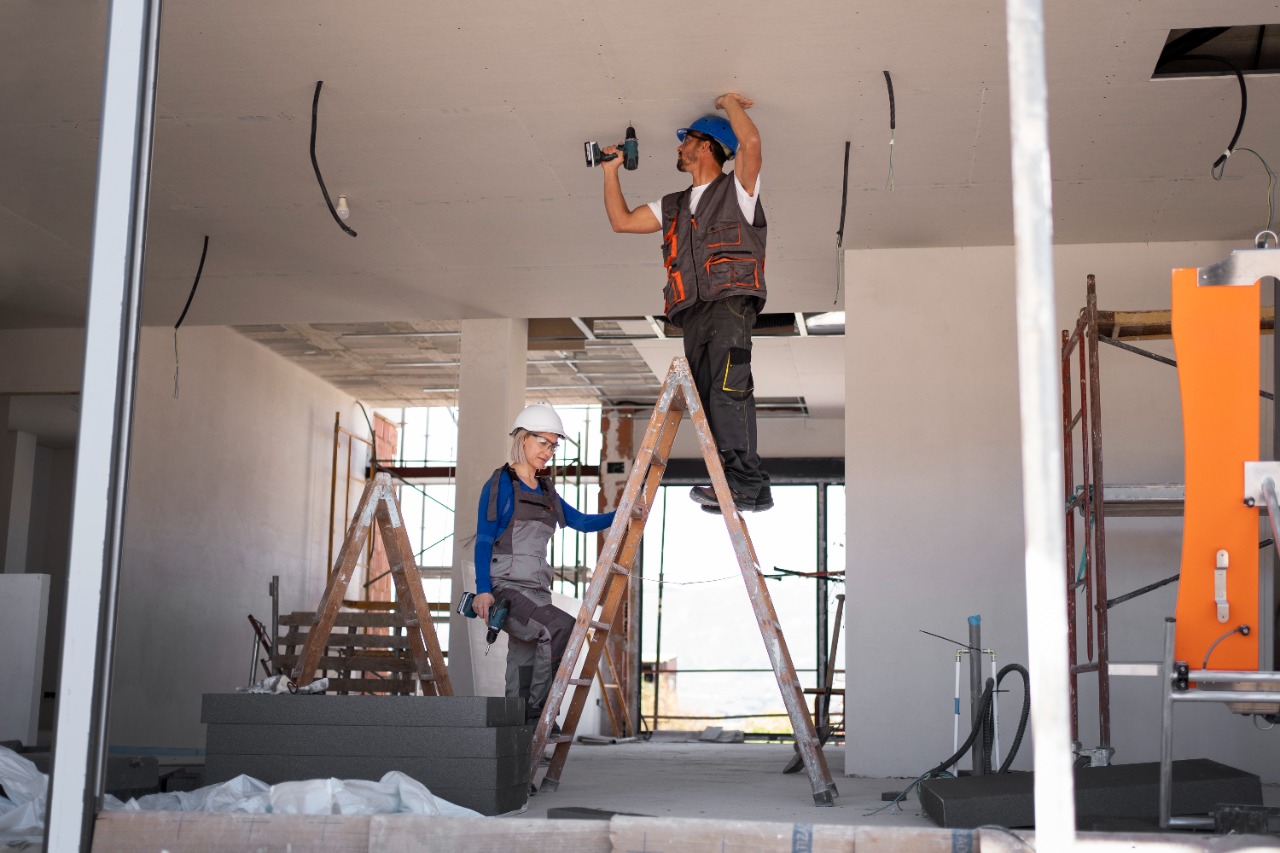Your property appraiser just detected new damage to the home you're trying to buy. You don't want to push back your closing day. The good news? You may not have to wait. An escrow holdback could help you finish your real estate transaction on time.

An escrow holdback is an act of collecting additional funds at closing that will be refunded after required repairs have been made to the purchased property. A holdback can also be known as a tool that incentivizes the buyer or seller to fix the home promptly to get their money back. Typically, the holdback amount would be more than the estimated cost of the work that needs to be completed, which further encourages the seller or buyer to finish the job on time.
Probably one of the most common cases where an escrow holdback makes sense is where the home seller agreed to make a repair after assessment, and the repair has not been completed before the closing date. Based on an appraisal of the home, your lender generally decides when an escrow holdback is crucial. But, believe it or not, other parties may be involved in the mortgage process besides your lender. For example, if your original lender plans to sell your mortgage to a government-sponsored entity (GSE) after closing, they must comply with GSE's property appraisals and repairs rules.
An escrow holdback is commonly used for homebuyers' protection when home repairs haven't been completed in time for closing or when the sellers want to stay in the house for some time after closing. The escrow holdback ensures some money can be reached by the buyers in case the home seller does not complete repairs or overstays in the home. Agreements for escrow holdback must be prepared ahead of time and be agreed to by both parties.
We offer a personalized and distinctive approach to mortgages, combining human-driven insights with technical expertise to create a perfect hybrid. Our lending solutions are designed to expedite loan processing, delivering faster results while substantially reducing costs.